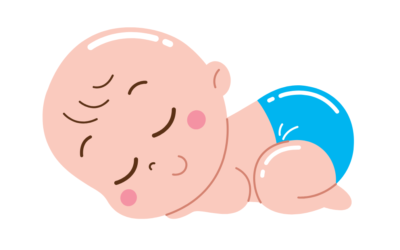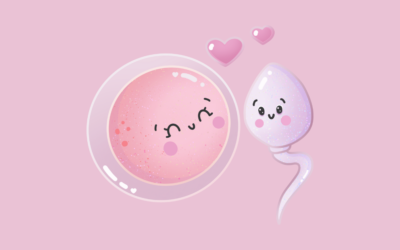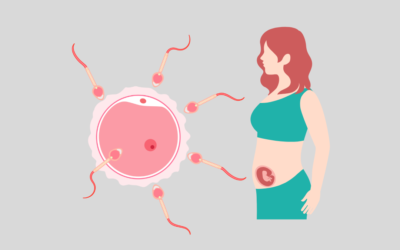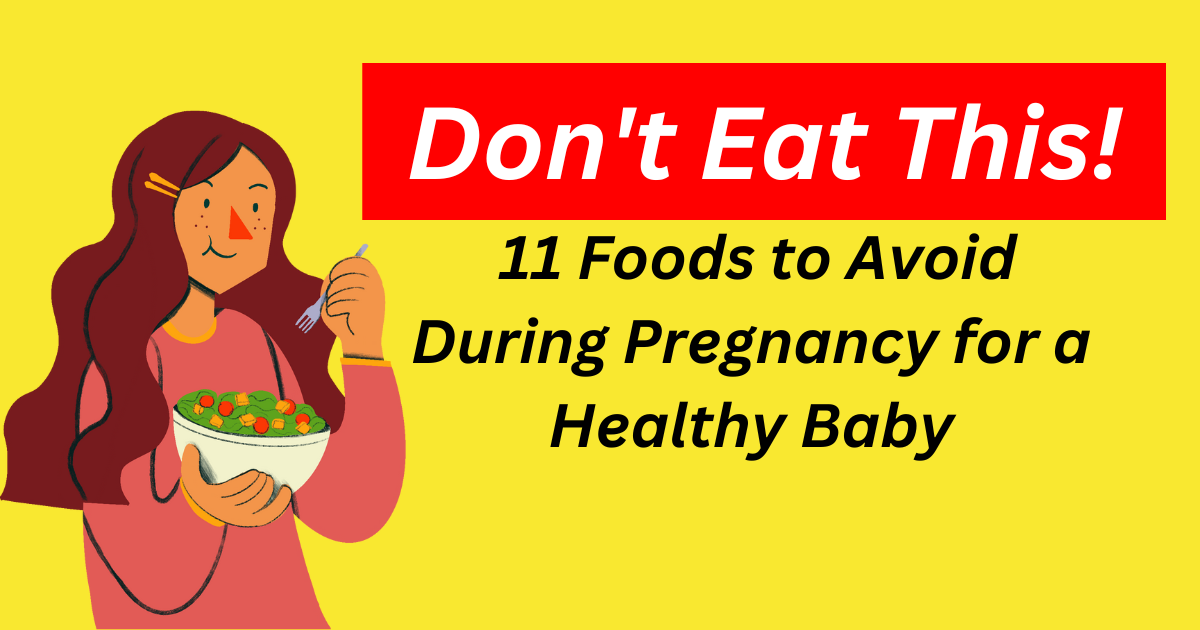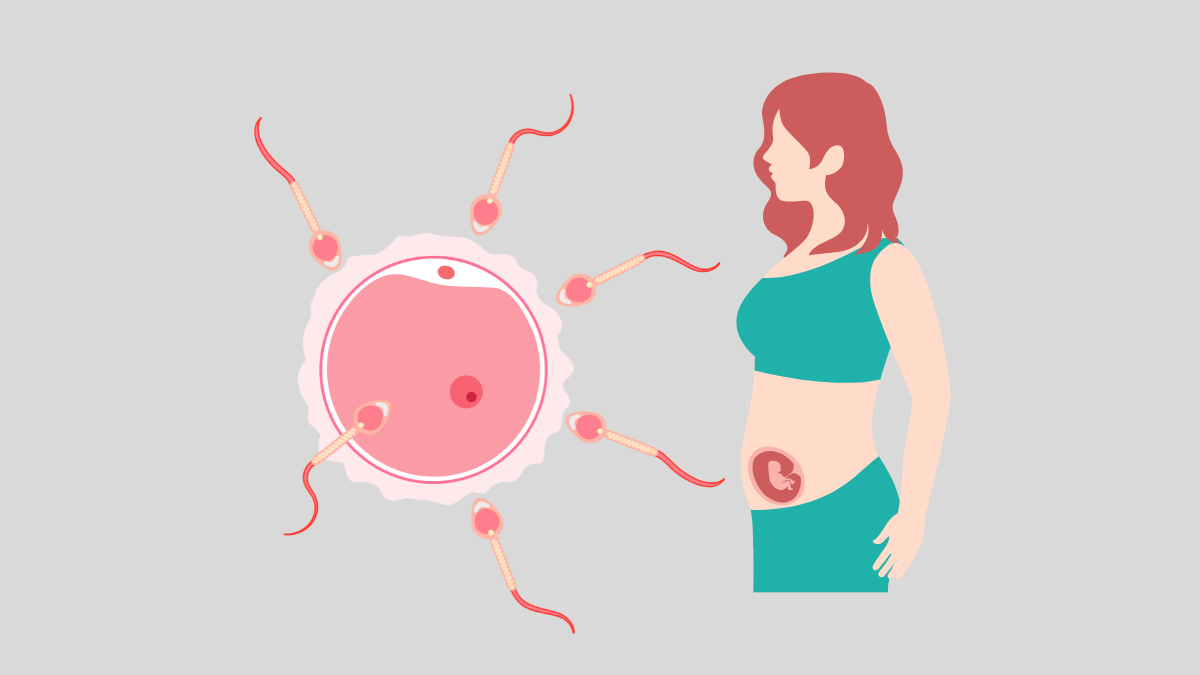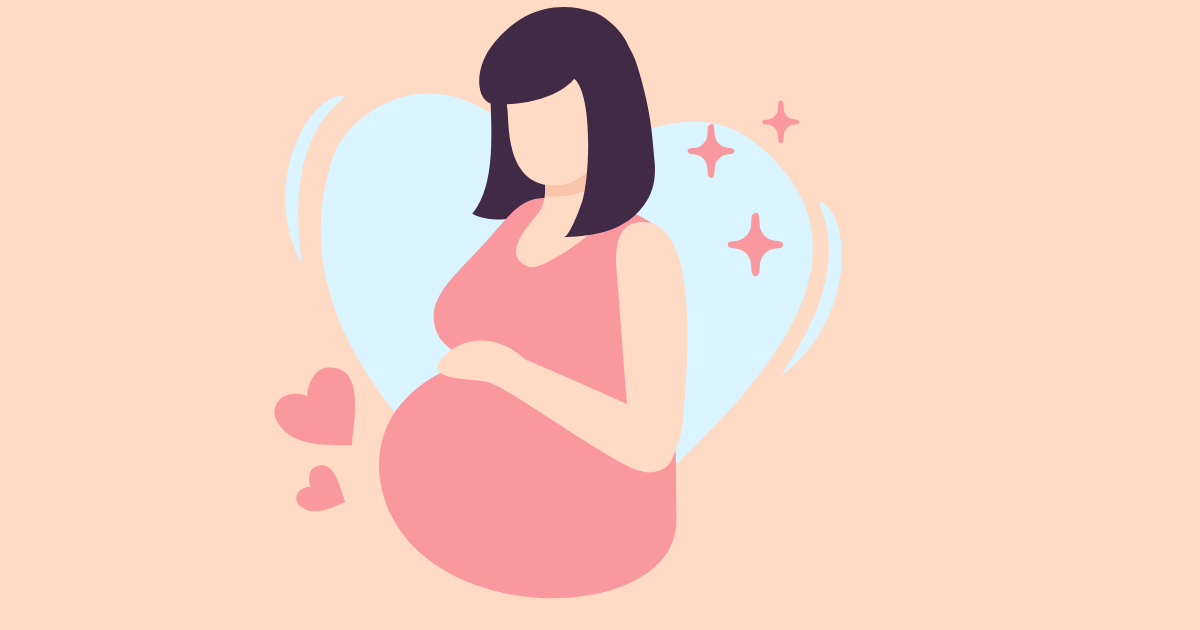Pregnancy is an exciting journey, but it also comes with many dos and don’ts—especially when it comes to food. Eating the right foods can support your baby’s growth and keep you healthy, but some foods pose risks and should be avoided. If you’re wondering which foods to avoid during pregnancy, this guide is for you. Let’s break it down so you can make informed choices for a safe and healthy pregnancy!
Table of Contents
Why Certain Foods Are Off-Limits During Pregnancy
Your immune system changes during pregnancy, making you more susceptible to foodborne illnesses that can harm both you and your baby. Certain foods also contain bacteria, toxins, or high levels of harmful substances that can interfere with fetal development. Avoiding risky foods helps protect against infections, food poisoning, and complications.
The Importance of Proper Nutrition During Pregnancy
Pregnancy is one of the most significant phases of a woman’s life, requiring extra care, attention, and a well-balanced diet. Proper nutrition during pregnancy plays a vital role in ensuring the healthy development of the baby and the well-being of the mother.
A well-planned diet helps supply essential nutrients, vitamins, and minerals needed for fetal growth, brain development, and overall body functions. Without the right nutrients, both mother and baby may face complications such as low birth weight, birth defects, and developmental issues.
One of the most crucial aspects of pregnancy nutrition is consuming foods rich in folic acid, iron, calcium, protein, and healthy fats. Folic acid is essential for preventing neural tube defects in the baby, while iron helps in the production of extra blood needed to support the pregnancy. Calcium is necessary for the development of strong bones and teeth, while protein supports the growth of tissues and organs in both the mother and the baby. Omega-3 fatty acids found in foods like salmon and walnuts are crucial for brain and eye development.
While eating nutritious foods is important, avoiding harmful foods is equally essential. Some foods may contain bacteria, toxins, or high levels of mercury, which can harm the baby’s development. For example, unpasteurized dairy, raw meat, and certain fish can expose the baby to bacteria like Listeria and Salmonella, leading to severe health complications. Likewise, excessive caffeine intake has been linked to an increased risk of miscarriage and low birth weight.
Maintaining a balanced diet during pregnancy is also important for preventing common pregnancy-related issues such as gestational diabetes, excessive weight gain, and high blood pressure. Eating too many processed or sugary foods can lead to an unhealthy increase in blood sugar levels, putting both the mother and baby at risk. Instead, focusing on whole foods like fruits, vegetables, whole grains, and lean proteins can provide essential nutrients without unnecessary calories.
Hydration is another key factor during pregnancy. Drinking enough water supports digestion, circulation, and amniotic fluid levels, which are vital for the baby’s development. Dehydration can lead to issues such as constipation, headaches, and even preterm labor in severe cases. Pregnant women should aim for at least 8 to 10 glasses of water daily, adjusting based on climate and activity levels.
Listening to the body’s hunger and fullness cues is equally important. While cravings are common during pregnancy, it’s best to strike a balance between indulging in occasional treats and maintaining a nutrient-rich diet. Small, frequent meals can help manage nausea, maintain stable blood sugar levels, and prevent heartburn.
Overall, proper nutrition during pregnancy is essential for a healthy pregnancy and a thriving baby. By making mindful food choices, staying hydrated, and avoiding harmful substances, expectant mothers can lay the foundation for a strong and healthy future for both themselves and their little ones.
Understanding Foods to Avoid During Pregnancy
During pregnancy, your body undergoes significant changes, making it more important than ever to be mindful of what you eat. Some foods can expose you and your baby to harmful bacteria, toxins, or excessive amounts of certain substances that may interfere with fetal development. Knowing which foods to avoid during pregnancy helps protect against foodborne illnesses, nutritional deficiencies, and potential pregnancy complications.
High-mercury fish, raw or undercooked meat, unpasteurized dairy, and excessive caffeine are just some foods that should be limited or eliminated. By making informed food choices, you can create a healthy environment for your baby’s growth while ensuring your own well-being. If you’re unsure about a particular food, consulting with your doctor or a nutritionist is always a good idea to keep you and your baby safe throughout pregnancy.
11 Foods to Avoid During Pregnancy
1. Raw or Undercooked Meat, Poultry, and Seafood
Uncooked or undercooked meat, poultry, and seafood can contain harmful bacteria such as Salmonella, Listeria, and E. coli. These can lead to serious infections that affect both the mother and baby. Ensure that all meat is cooked thoroughly, reaching the appropriate internal temperature.
Avoid raw seafood like sushi, sashimi, and oysters, as well as rare or medium-rare steaks. If you’re craving sushi, opt for fully cooked rolls instead!

2. Unpasteurized Dairy Products
Soft cheeses such as Brie, Camembert, blue cheese, and feta may contain Listeria if they are made from unpasteurized milk. Listeria can cause severe complications, including miscarriage, stillbirth, or premature labor.
To stay safe, always check the labels and choose pasteurized dairy products, including milk, cheese, and yogurt.
3. Deli Meats and Hot Dogs
Deli meats and hot dogs may seem harmless, but they can harbor Listeria. Pregnant women are more vulnerable to this bacterium, which can cause serious illness. If you’re craving a sandwich, make sure to heat deli meats and hot dogs until steaming hot before eating.
4. Raw or Undercooked Eggs
Raw or undercooked eggs may contain Salmonella, leading to food poisoning. Symptoms such as vomiting, diarrhea, fever, and dehydration can be dangerous during pregnancy.
Avoid foods that contain raw eggs, such as homemade mayonnaise, Caesar dressing, hollandaise sauce, and raw cookie dough. Stick to fully cooked eggs for a safe and nutritious option.

5. Certain Fish High in Mercury
While fish is a great source of omega-3 fatty acids, some types contain high levels of mercury, which can be harmful to your baby’s developing nervous system.
Fish to avoid include:
- Shark
- Swordfish
- King mackerel
- Tilefish
Instead, opt for low-mercury fish such as salmon, trout, sardines, and shrimp. The FDA recommends 2–3 servings of these per week.

6. Raw Sprouts
Raw sprouts like alfalfa, clover, and bean sprouts can carry bacteria such as E. coli and Salmonella. These bacteria thrive in the warm, moist environment needed for sprout growth.
If you love sprouts, cook them thoroughly before eating to eliminate potential risks.
7. Unwashed Fruits and Vegetables
Fruits and vegetables are essential for a healthy pregnancy, but if they are not washed properly, they can carry bacteria and pesticides that may lead to infections.
Always rinse produce under running water and scrub it with a brush if necessary. Peeling fruits and vegetables can add an extra layer of protection.

8. Caffeine in Excess
Moderate caffeine intake is generally considered safe during pregnancy, but too much caffeine can lead to complications, including low birth weight and an increased risk of miscarriage.
Experts recommend limiting caffeine intake to 200 mg per day, which is about one 12-ounce cup of coffee. Keep in mind that tea, chocolate, and some soft drinks also contain caffeine.
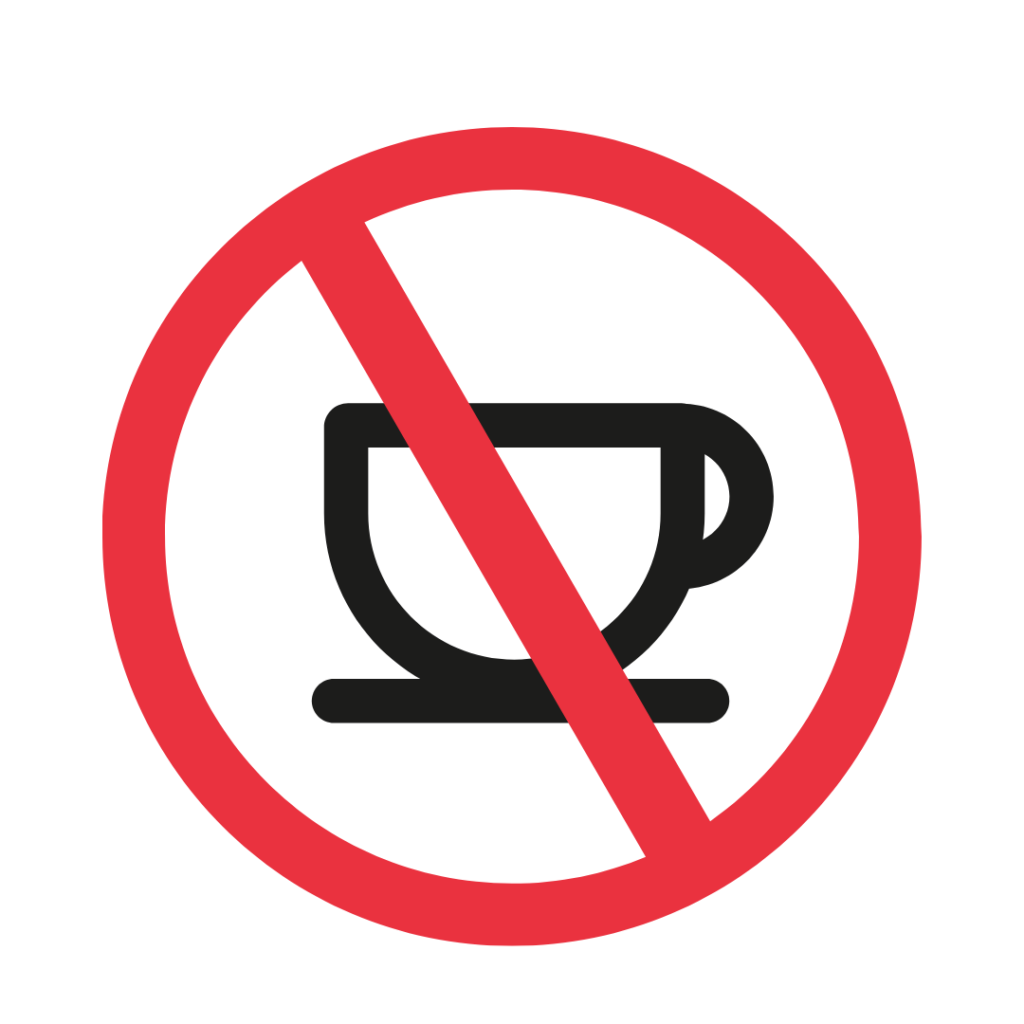
9. Alcohol
There is no safe amount of alcohol during pregnancy. Alcohol can pass through the placenta and lead to fetal alcohol syndrome (FAS), causing developmental delays, birth defects, and learning disabilities.
If you’re looking for a celebratory drink, opt for non-alcoholic mocktails or flavored sparkling water instead!
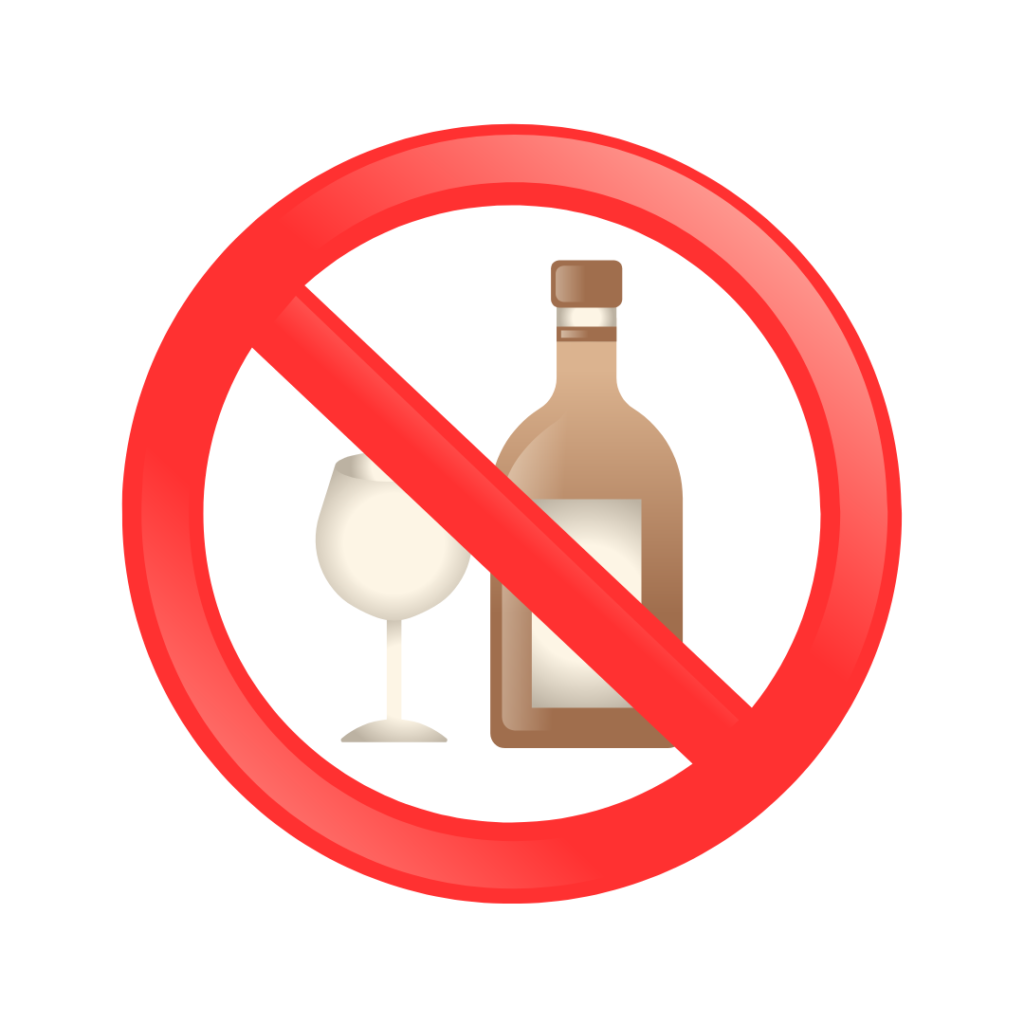
10. Herbal Teas and Supplements
Not all herbal teas and supplements are safe during pregnancy. Some herbs, like licorice root, chamomile, and peppermint, may trigger contractions or affect hormone levels.
Always consult your doctor before drinking herbal teas or taking supplements to ensure they are pregnancy-safe.
11. Processed Junk Foods
While an occasional treat is fine, too much processed junk food can lead to excessive weight gain, gestational diabetes, and nutrient deficiencies.
Instead of chips, candy, and soda, try nutrient-dense snacks like nuts, yogurt, fresh fruit, and whole grains.
Safe Eating Tips During Pregnancy
- Cook foods thoroughly: Ensure meats, eggs, and seafood are cooked to safe temperatures.
- Wash produce: Rinse fruits and vegetables before eating.
- Check food labels: Choose pasteurized dairy and avoid high-mercury fish.
- Limit caffeine and sugar: Stick to recommended daily limits.
- Stay hydrated: Drink plenty of water throughout the day.
Here’s a table summarizing the key foods to avoid during pregnancy:
| Category | Foods to Avoid | Risk of Salmonella, Listeria, and E. coli infections | Safe Alternatives |
|---|---|---|---|
| Meat & Seafood | Raw/undercooked meat, poultry, seafood, sushi | The risk of Listeria unless heated thoroughly | Fully cooked meats and seafood |
| Dairy | Unpasteurized milk, soft cheeses (Brie, feta) | May contain Listeria | Pasteurized milk and cheese |
| Deli Meats | Cold cuts, hot dogs | The risk of Listeria is unless heated thoroughly | Heat until steaming hot before eating |
| Eggs | Raw/undercooked eggs, homemade mayo, cookie dough | Possible Salmonella contamination | Fully cooked eggs |
| Fish | Shark, swordfish, king mackerel, tilefish | High mercury levels can harm fetal development | Low-mercury fish like salmon, shrimp |
| Sprouts | Raw sprouts (alfalfa, clover, bean sprouts) | Can harbor E. coli and Salmonella | Fully cooked sprouts |
| Fruits & Veggies | Unwashed produce | Risk of bacteria and pesticide contamination | Wash thoroughly before eating |
| Beverages | Alcohol, excessive caffeine | Alcohol causes birth defects; caffeine in excess may cause complications | Mocktails, decaf coffee |
| Herbal Teas | Licorice root, chamomile, peppermint | Some herbs can trigger contractions | Doctor-approved herbal teas |
| Junk Food | Processed snacks, sugary drinks | Can lead to weight gain, gestational diabetes | Fresh fruits, nuts, whole grains |
Essential Foods to Avoid During Pregnancy for a Healthy Baby
During pregnancy, maintaining a nutritious diet is essential, but knowing which foods to avoid during pregnancy is just as important. Certain foods can pose risks to both the mother and baby, making it crucial to be cautious about what you eat.
Some of the most concerning foods to avoid during pregnancy include raw seafood, unpasteurized dairy, and undercooked meats, as they may contain harmful bacteria like Listeria and Salmonella. High-mercury fish, such as shark and swordfish, should also be considered foods to avoid during pregnancy because mercury can harm fetal brain development.
Additionally, processed meats, deli meats, and hot dogs are among the foods to avoid during pregnancy due to the risk of contamination. Even caffeine and alcohol are significant foods to avoid during pregnancy, as they can lead to developmental complications. By avoiding these foods to avoid during pregnancy, mothers can create a safer environment for their baby’s growth and well-being.
Healthy Pregnancy Diet: What to Eat and What to Avoid
Maintaining a well-balanced diet during pregnancy is essential for both the mother’s and baby’s health. While there are many nutrient-rich foods to include, it’s equally important to be aware of foods to avoid during pregnancy to prevent potential risks.
A pregnancy diet should consist of fresh fruits, vegetables, whole grains, lean proteins, and dairy products that provide essential nutrients like folic acid, iron, calcium, and protein. However, raw or undercooked meats, high-mercury fish, unpasteurized dairy, and processed foods are among the foods to avoid during pregnancy as they can lead to infections or developmental issues.
Hydration is also key, so drinking plenty of water while avoiding excessive caffeine and sugary drinks is recommended. By focusing on a healthy diet and being mindful of foods to avoid during pregnancy, expectant mothers can support their baby’s growth and ensure a safe, nourishing pregnancy journey.
Essential Tips for a Healthy Pregnancy Diet
Maintaining a nutritious diet is crucial for a healthy pregnancy, but knowing which foods to avoid during pregnancy is just as important. Here are some practical tips to help you make the best dietary choices:
- Eat a Balanced Diet – Focus on whole foods like fruits, vegetables, whole grains, lean proteins, and dairy to get essential nutrients. Avoid highly processed and junk foods.
- Stay Hydrated – Drink plenty of water to support digestion, circulation, and amniotic fluid levels while avoiding sugary drinks and excessive caffeine.
- Avoid High-Risk Foods – Raw seafood, unpasteurized dairy, undercooked meats, and high-mercury fish are foods to avoid during pregnancy as they can cause infections or developmental issues.
- Limit Caffeine and Sugar – Excessive caffeine and sugary foods can lead to energy crashes and affect your baby’s development. Keep caffeine under 200 mg per day.
- Practice Safe Food Handling – Always wash fruits and vegetables, cook meats thoroughly, and avoid cross-contamination to prevent foodborne illnesses.
By following these tips and being mindful of foods to avoid during pregnancy, you can ensure a healthier and safer pregnancy journey for both you and your baby.
Final Thoughts
Making the right food choices during pregnancy is essential for both the mother’s and baby’s health. Understanding the foods to avoid during pregnancy can help prevent potential risks such as infections, developmental issues, and complications.
Avoiding raw seafood, unpasteurized dairy, and high-mercury fish is a crucial steps in ensuring a safe and healthy pregnancy. Additionally, processed meats, excess caffeine, and alcohol are among the foods to avoid during pregnancy to protect your baby’s growth and well-being.
By staying informed and making mindful dietary decisions, expectant mothers can create the best environment for their baby’s development. Remember, knowing the foods to avoid during pregnancy is just as important as choosing the right nutrients, so always consult a healthcare provider for personalized guidance.
Prioritizing a safe and healthy diet while being cautious of foods to avoid during pregnancy will help ensure a smooth and happy pregnancy journey.
Remember, pregnancy is about balance, so enjoy nourishing meals while removing foods that could pose risks. I wish you a happy and healthy pregnancy!
FAQ: Foods to Avoid During Pregnancy
1. Why should I avoid certain foods during pregnancy?
Some foods contain bacteria, toxins, or high levels of harmful substances that can cause infections, food poisoning, or developmental issues for your baby. Avoiding these foods helps ensure a safe and healthy pregnancy.
2. Can I eat sushi while pregnant?
It’s best to avoid raw sushi (sashimi) because of the risk of parasites and bacteria. However, fully cooked sushi rolls with shrimp, eel, or vegetables are safe to eat.
3. Is it safe to drink coffee while pregnant?
Yes, but in moderation. Experts recommend limiting caffeine intake to 200 mg per day (about one 12-ounce cup of coffee) to reduce the risk of complications.
4. Why is soft cheese dangerous during pregnancy?
Soft cheeses made from unpasteurized milk, like Brie, feta, and blue cheese, may contain Listeria, a bacterium that can cause severe pregnancy complications. Always check labels and choose pasteurized options.
5. Can I eat deli meats if I heat them?
Yes, heating deli meats and hot dogs until they are steaming hot kills Listeria bacteria, making them safer to eat during pregnancy.
6. What happens if I accidentally eat something unsafe?
Don’t panic! If you feel fine, chances are the risk is low. However, if you experience symptoms like nausea, vomiting, fever, or diarrhea, contact your doctor immediately.
7. Can I have herbal tea during pregnancy?
Not all herbal teas are safe. Some, like chamomile and licorice root, may cause hormonal changes. Always check with your doctor before drinking herbal teas.
8. Are artificial sweeteners safe during pregnancy?
Some artificial sweeteners, like aspartame and sucralose, are considered safe in moderation. However, avoid saccharin, as it can cross the placenta and affect the baby.
9. Can I eat runny eggs while pregnant?
No, runny or undercooked eggs may contain Salmonella. It’s best to eat fully cooked eggs to reduce the risk of foodborne illness.
10. Should I avoid processed junk food completely?
An occasional treat is fine, but excessive junk food can lead to unhealthy weight gain and gestational diabetes. Focus on nutrient-rich foods to support your baby’s growth.
